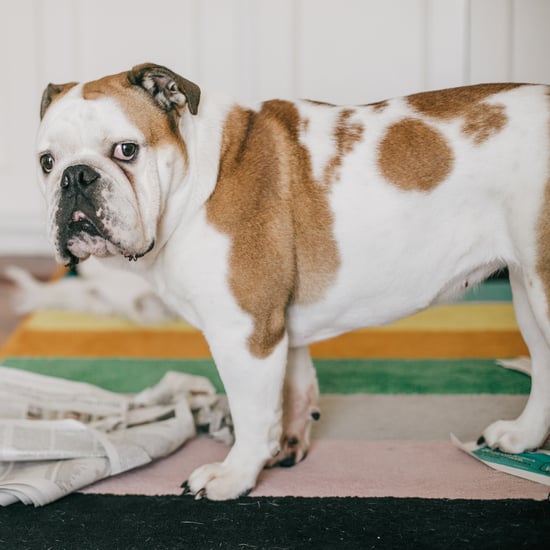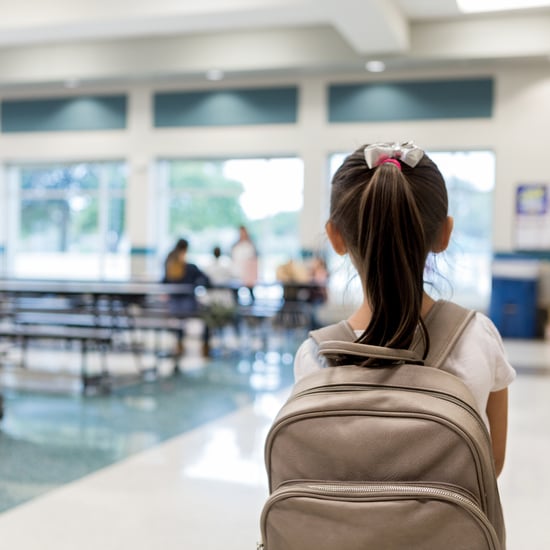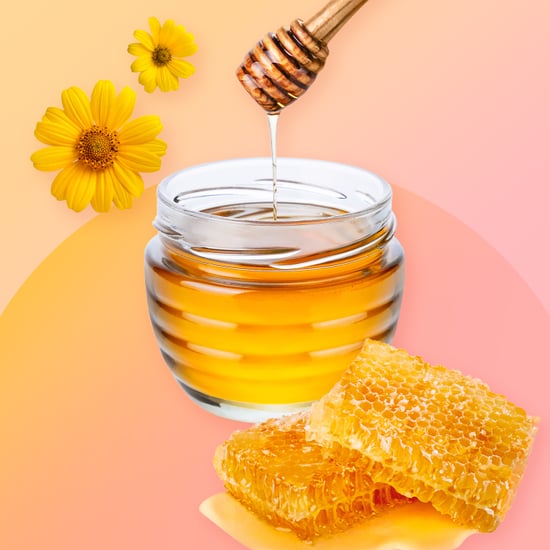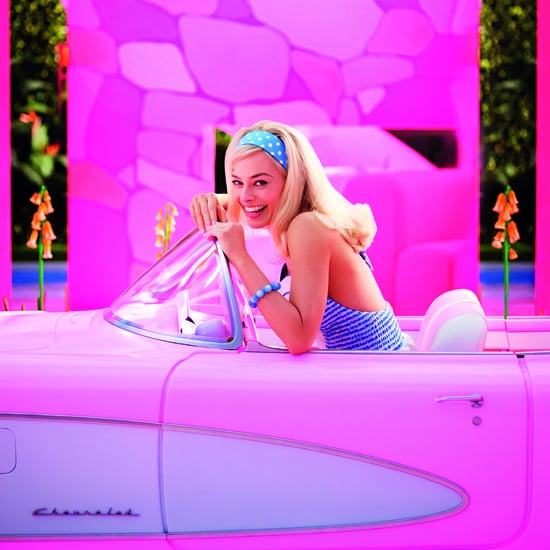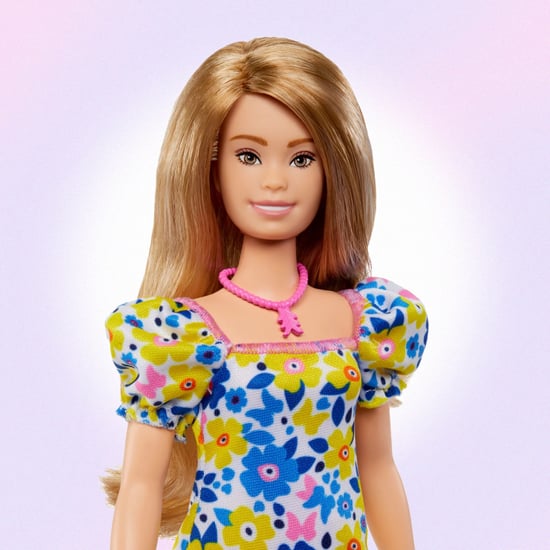Are Potty Training Rewards Good or Bad?
A Potty Training Expert on Why Parents Shouldn't Dole Out Rewards
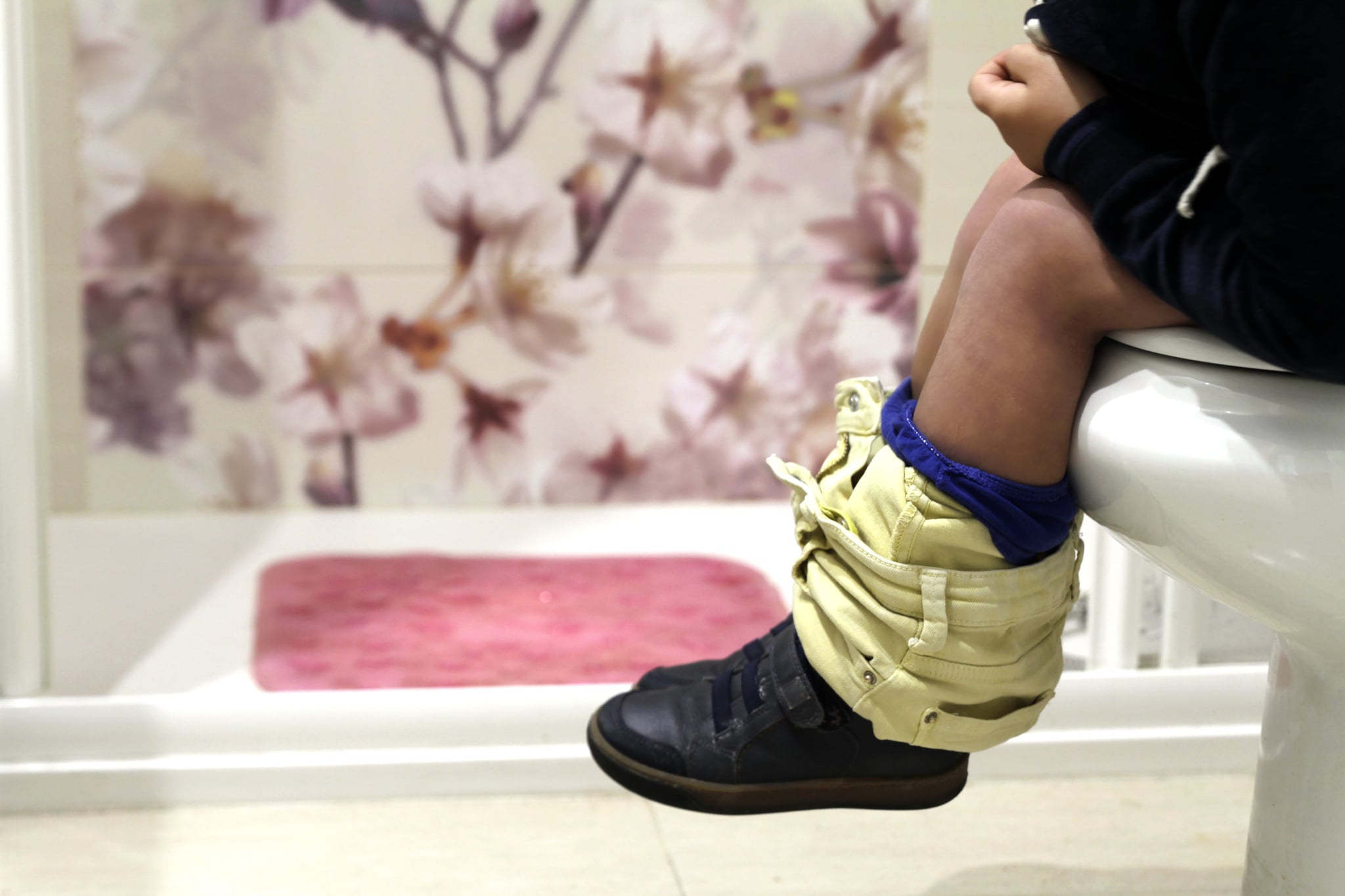
When you're in the throes of potty training your little one, sometimes you'll do anything to get them to go. And while potty training tips are ubiquitous throughout parenting circles, the concept of implementing rewards to get kids to use the toilet is often debated. Though it may be tempting to rely on M&Ms or a sticker chart to motivate kids to go, it's certainly a slippery slope.
To get to the bottom of this common conundrum, we tapped Jamie Glowacki, a potty-training expert and the author of Oh Crap! Potty Training ($16) and Oh Crap! I Have a Toddler ($16), for her tips, and her advice will have parents rethinking their strategy ASAP.
Why Are Potty Training Rewards a Bad Idea?
Jamie recommends potty training kids who are between the ages of 20 and 30 months. Although giving children in this age group rewards for using the toilet might seem like a good idea at first, Jamie advises parents to steer clear. "I do not believe in starting with rewards for potty training," she explained. "First and foremost, it's socialised behaviour. You don't reward your child for sleeping through the night. You do not reward them for walking. When they took their first steps, you didn't say, 'Oh my goodness, you didn't fall. Here, have another cookie!'"
Moreover, rewarding children for doing routine tasks may lead to unattainable expectations down the road. "I think it sets up a really bad precedent in your house of, 'Here's $5 for setting the table. Here's $10 for getting an A,'" said Jamie. "I don't think we need to reward our children for expected behaviour."
"I don't think we need to reward our children for expected behaviour."
While your friends or neighbours with kids of similar ages may have used the seemingly tried-and-true candy method, it fails more often than it works. "Most people potty trained with rewards, specifically with M&Ms," she said. "Children are food motivated. The biggest issue is nobody tells you on Facebook about the epic disasters. So by the time people come to me, they have promised a trip to Disneyland for a single poop. I am not exaggerating."
Additionally, Jamie pointed out that little kids can't fully grasp the concept of long-term rewards, which renders sticker charts practically useless. "The idea that a sticker chart would work with the 2- or 3-year-old blows my mind in terms of child development," she shared. "A child that age does not have the long-term thinking to say, 'Oh, I got seven stickers. I stay dry for seven days. Now I get a bigger prize.'"
How Can Parents Motivate Kids Without Potty Training Rewards?
For starters, Jamie encourages parents to begin potty training their children when they believe the time is right. There's no sense in leaving the decision up to a toddler. "I am not a fan of 'waiting until they're ready,'" she said. "We don't wait for our children to make decisions on anything. We don't wait until they're ready to be strapped in their car seat. We don't wait until they're ready to leave the dinner table. We are the parents. We are the people in charge."
With that being said, Jamie explains that a bit of subtle praise can go a long way for children. "I would say that the best praise is really low-key, something like, 'Awesome. Good job. You must feel good,'" she said. "Reflect your pride back to the child by saying, 'Wow, your body must feel good that you let out so much pee,' or, 'Oh my goodness, your belly must feel so good that you pooped.'"
Although it's important to acknowledge when little ones use the toilet, don't overdo it. "Stay away from using a high-pitched, squeaky tone or screaming, 'Oh my God? You did so good!'" According to Jamie, a few quick words of praise or a fist bump will more than suffice.


